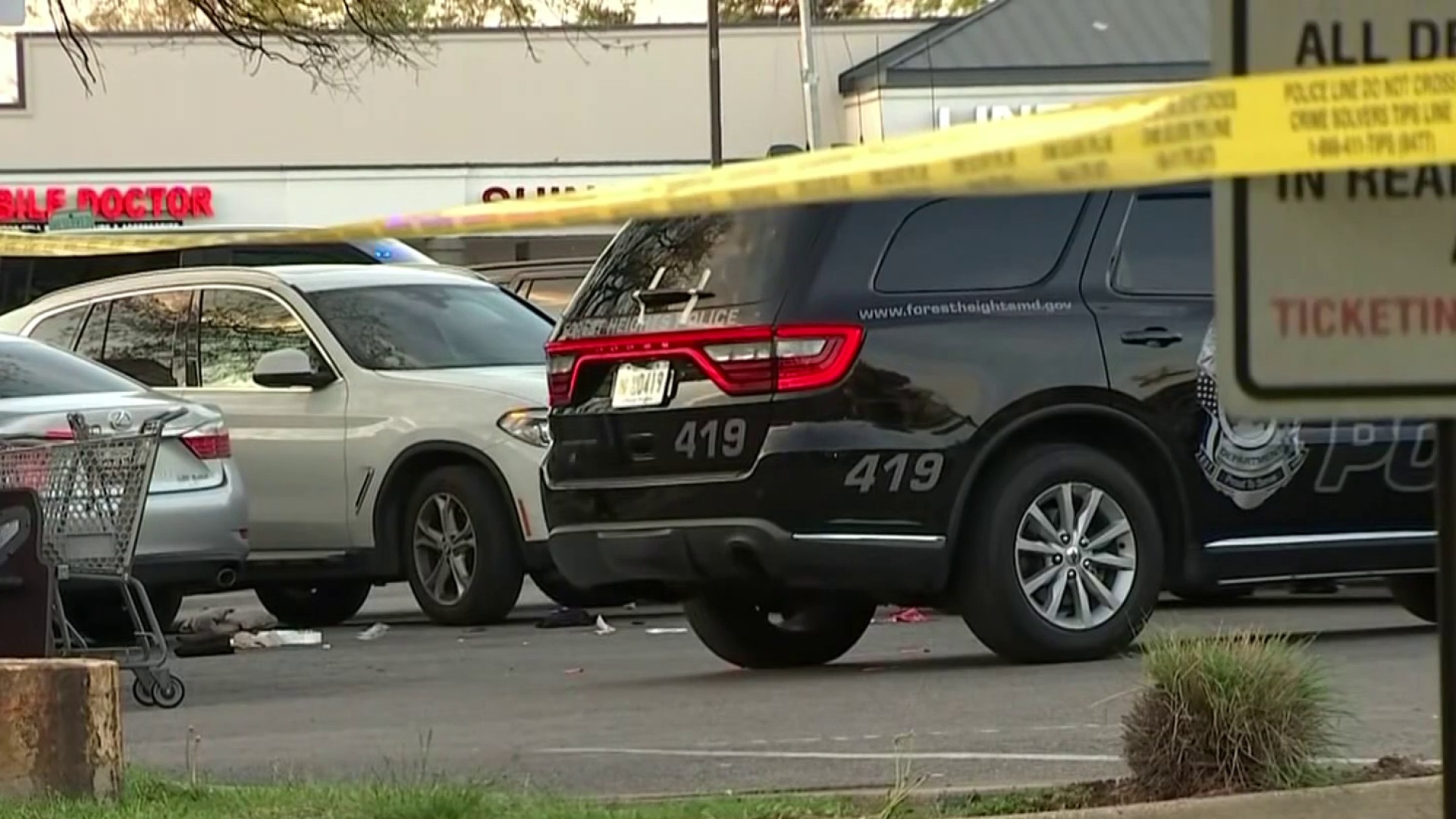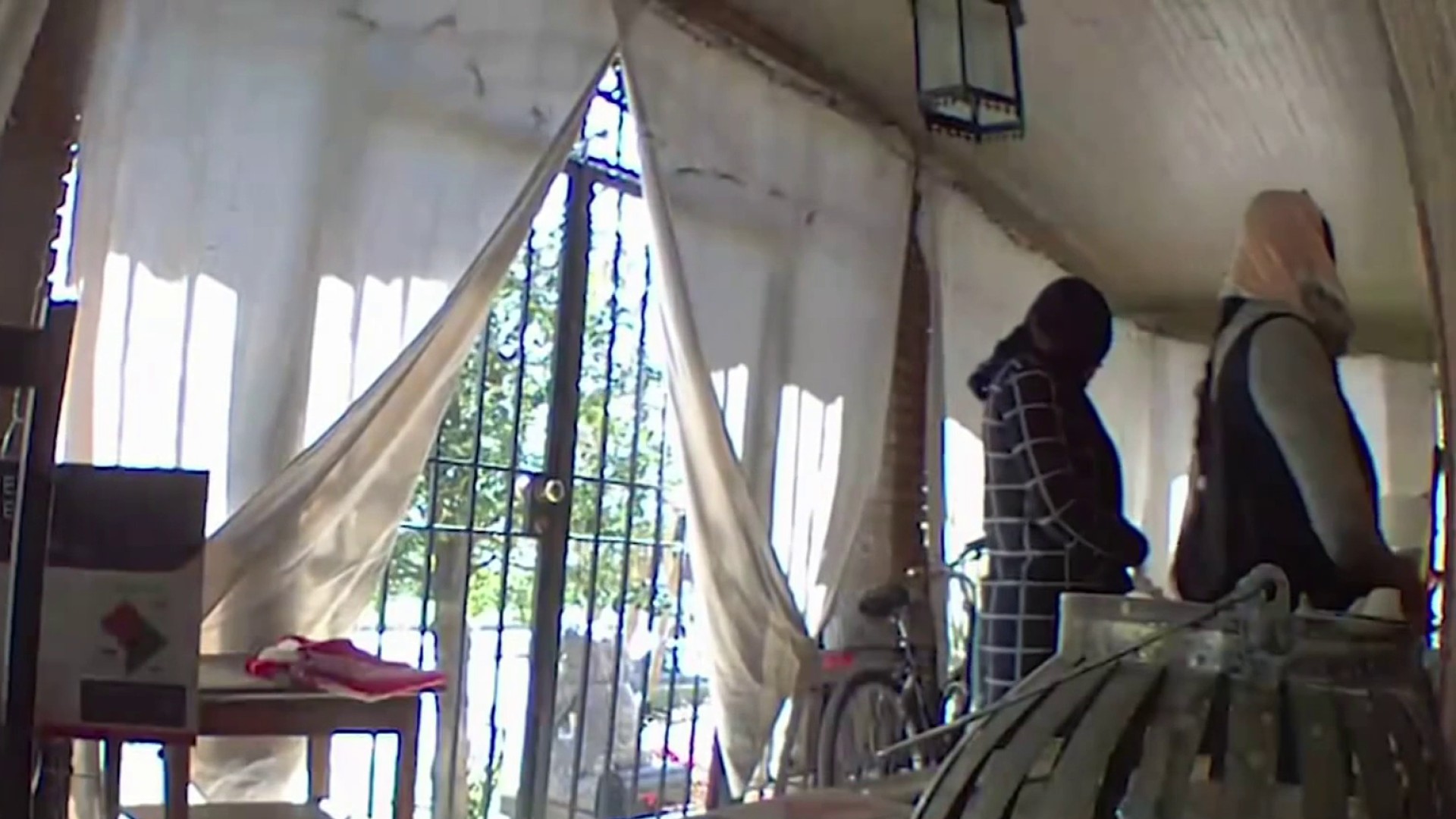Following a pilot phase, Metro decided not to go forward with a new electronic payment system that would allow.
General Manager and CEO Paul J. Wiedefeld advised the Board of Directors the time isn't right for fare technology change.
"Our customers need the gates and ticket machines to work reliably, and that's our focus now," a statement from Wiedefeld said. "I don't want them to have to swap out one card for another, have limited access to just use certain gates during the transition in already crowded stations, or make the jurisdictions convert to all new technology for their buses."
This system would have allowed riders to pay for their trip with their smartphones or bank cards. In some cases, the new gates -- which had targets riders could tap with their smartphones or credit or debit cards -- didn't work. Metro also said part of the issue was getting volunteers to participate.
Instead, Wiedefeld said Metro will focus on getting the current system to work correctly, and he said he doesn't think it is far off.
"What I have heard loud and clear from stakeholders is get the current system to perform," Wiedefeld said.
Metro has $150 million in its capital program to use to improve fare gates in a different way.
Local
Washington, D.C., Maryland and Virginia local news, events and information
The pilot program cost $25 million, and while some of that is lost, some upgrades have been made.



